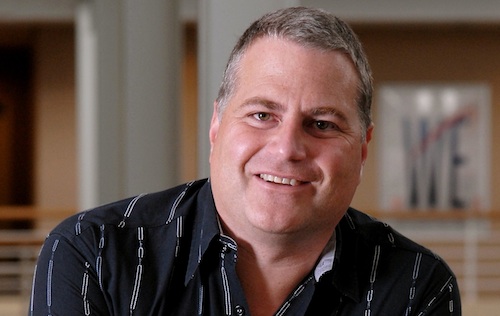
MWeb CEO Rudi Jansen says the Naspers-owned Internet service provider is expecting Telkom to begin offering uncapped broadband soon over its fixed-line network. But he says he’d welcome the decision.
“We are waiting for Telkom to do something,” Jansen says. “We will be ready for them when they launch.”
Telkom is widely rumoured to be planning to introduce uncapped offerings this year after asking some of its customers how they’d feel about such a service. The operator had earlier criticised service providers who had launched uncapped products, accusing them of not delivering on their promises.
Though Jansen is reluctant to provide absolute subscriber numbers, Jansen says MWeb has taken market share from its rivals with its uncapped offerings, which it launched a year ago. More than 50% of all its digital subscriber line (DSL) customers have moved to uncapped offerings, he says.
Jansen says MWeb would welcome another big service provider like Telkom offering uncapped products. Telkom’s Internet arm has the country’s most DSL customers, but the operator has been reluctant to introduce unmetered options.
“I’m looking forward to it,” Jansen says, adding that competition in the uncapped space between two large players would be good for the growth of the market. “The sooner they launch it the better.”
When MWeb first introduced its uncapped broadband products in early 2010, many rival service providers criticised the move, saying the trend elsewhere in the world was to metered options. But Jansen says MWeb already makes a profit from all its uncapped products.
“We are running ahead of our business plan and all our products are profitable,” he says.
As the network grows and bandwidth prices come down, MWeb is reducing the “shaping” – the prioritisation of certain traffic like peer-to-peer file sharing services – on its network. He says MWeb’s aim eventually is to offer uncapped and completely unshaped products, but admits there are still some barriers that need to be overcome.
First, though, he says “everyone needs to peer openly”, meaning service providers carrying traffic between their networks without charging each other transit fees. Secondly, he says, mobile operators have to reduce their wholesale data prices. That would result in stronger growth in the mobile data market, he believes.
The arrival of another undersea cable, the 5,1Tbit/s West African Cable System (Wacs), should also have a big effect, Jansen says. He believes Wacs will have a “revolutionary” rather than an “evolutionary” impact. “We will get the same effect as when Seacom came in,” he says.
Seacom, on Africa’s east coast, resulted in a dramatic reduction in international bandwidth prices, allowing MWeb to introduce uncapped broadband.
DSL access prices remain a concern for Jansen, though. He says the cost of broadband line rental needs to fall. Also, the amounts Telkom charges Internet services providers to access its network are “absolutely ludicrous”.
“Those prices are far more than the price of international connectivity,” Jansen says. “Telkom charges us to get access to their last mile and then charges end users to get access to the same last mile, so they make double money on it. And it’s completely mispriced.” — Duncan McLeod, TechCentral
- Subscribe to our free daily newsletter
- Follow us on Twitter or on Facebook




